China in IOR: ‘peaceful rise’ no more
China has expanded its presence in the Indian Ocean Region. President Xi Jinping has abandoned Deng Xiaoping’s conciliatory posture for an aggressive, money-fuelled search for super power status
 Courtesy: Western Naval Command
Courtesy: Western Naval Command
China has expanded its presence in the Indian Ocean Region. President Xi Jinping has abandoned Deng Xiaoping’s conciliatory posture for an aggressive, money-fuelled search for super power status
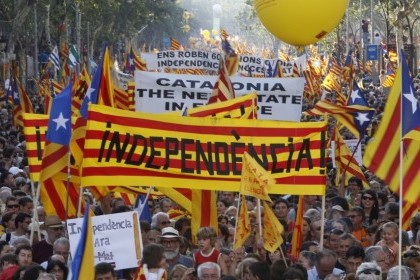 Courtesy:
Courtesy:
A number of democratic processes are set to unfold in this week. A referendum in the Kurdistan Region of Iraq, the AfD's surprising outcome in the German Parliamentary election and the upcoming referendum in Catalonia, Spain. Ambassador Neelam Deo, Director at Gateway House, discusses the geopolitical implications of these highly-controversial domestic democratic processes.
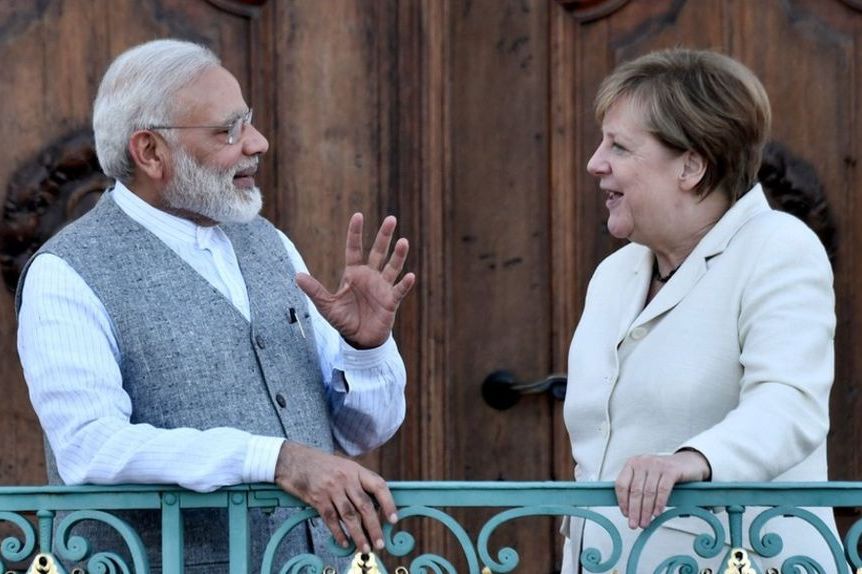 Courtesy: BBC
Courtesy: BBC
Germany and India have revealed a dual priority for Africa: creating opportunities for prosperity and promoting stability. For both, these are uncharted waters and represents a shift in the locus of global dynamism, away from an Anglo-Saxon world order to a more diverse yet potentially fissiparous one
 Courtesy: Pixabay
Courtesy: Pixabay
The Indian Space Research Organisation’s (ISRO) recently announced intention to visit the planet Venus – the third celestial destination for India after the Moon and Mars – is a significant academic pursuit. But can New Delhi use this opportunity to develop cutting-edge trans-disciplinary technologies and advance its space diplomacy?
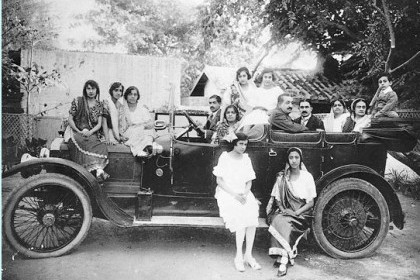 Courtesy: Pinterest
Courtesy: Pinterest
Bombay’s Parsis, Bene-Israel Jews, and Goans settled in Karachi, Lahore and other cities and provinces that the British had annexed since the mid-19th century. The Partition of India in 1947 gave these minority communities the choice to stay or leave. The Bene-Israel left. The Parsis and Goans continue to have a presence in Pakistan
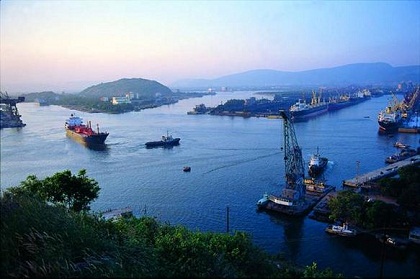 Courtesy: Wikimapia
Courtesy: Wikimapia
The new global emphasis on the Blue Economy is attracting the interest of governments, development agencies, and more recently, social impact investors. A marked change from previous years is the increased participation of developing and coastal economies, which are its very beneficiaries
 Courtesy: The Indian Railways Fan Club
Courtesy: The Indian Railways Fan Club
The Sikh and Punjabi community of Sion-Koliwada Camp, Mumbai, hailed mostly from the Muslim-majority North West Frontier Province (NWFP), rather than undivided Punjab. They brought to their adopted city – and to India – a rich and varied cultural presence
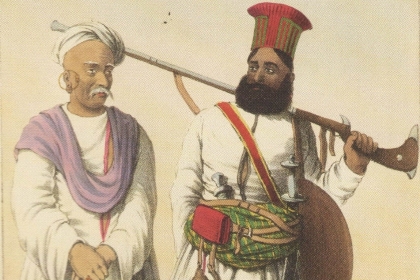 Courtesy: Archive.org
Courtesy: Archive.org
Many of the Hindu Sindhi refugees who fled to India post Partition succeeded in rebuilding their lives afresh, their native entrepreneurial spirit enabling them to rise up from the destitution that displacement caused. Ulhasnagar, Thane district, which was a refugee camp 70 years ago, is a microcosm of how the community rehabilitated itself--with the help of a well dispersed and generous Sindhi trading network
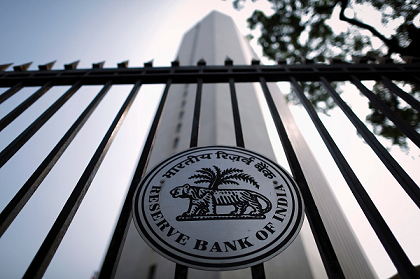 Courtesy: Mint
Courtesy: Mint
Government ownership of the Indian banking system has brought upon it a host of governance issues in the seven decades since independence: the Non Performing Asset crisis is a symptom of this, and clear indication that the system needs restructuring
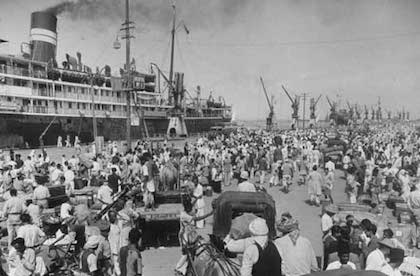 Courtesy: Live Mint
Courtesy: Live Mint
The 70th Independence Day for India and Pakistan – August 15 and 14 respectively – is a reminder of how Partition displaced 15 million people, causing untold hardship. What is less known is that the cities of Karachi and Bombay have had a shared colonial history and economy: the parting of ways left one bereft of a host of spirited citizens, who went on to rebuild their lives in the other